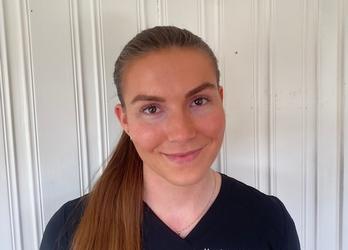Split abs
Split stomach muscles or diastasis are a natural part of being pregnant. In order for the stomach to grow, the muscles must be pulled apart (the connective tissue between the stomach muscles stretches) to make room for the baby growing in the stomach. For the vast majority of people, the muscles and connective tissue contract again after birth. In some cases, the muscles do not fully rejoin after birth.
At Dr. Dropin, we have skilled practitioners who can assess your abdominal muscles and help you receive the appropriate treatment.
See availability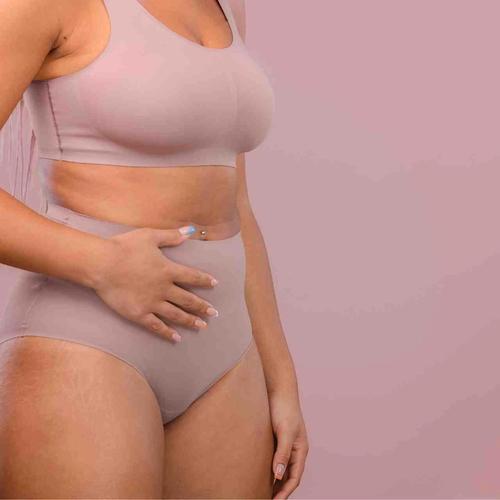
What are split abs?
Split abdominal muscles (also known as diastasis recti) is a condition in which the muscle tissue of the rectus abdominis, or "six-pack muscle," spreads due to increased intra-abdominal pressure. This can happen during pregnancy, after giving birth, or as a result of excess weight or exercises that bother the stomach.
Split stomach muscles can cause the appearance of a "bowed" appearance in the abdomen, and can also cause pain in the back and lower abdomen. For pregnant women, this can also lead to problems maintaining control over the pelvis, which can lead to incontinence or problems controlling bowel and bladder function. In addition, it can cause problems with carrying and caring for the child, and can also cause problems with having a normal birth. It is important to get treatment for split abdominal muscles during pregnancy to avoid complications during birth.
Read about incontinenceRead about the pelvic floorSymptoms and treatment
Different symptoms can occur with split abdominal muscles. It can be seen by the formation of a space between the vertical abdominal muscles or by the fact that it bulges downwards along the middle of the abdomen. Split stomach muscles can also lead to lower self-esteem and reduced quality of life. Some may experience other symptoms, for example:
- Pain and discomfort in the stomach
- Pelvic instability
- Pain in the lower back
- Lack of contact with core muscles
- Constipation and urine leakage
Treatment
The latest research can tell that it is important to train all layers of abdominal muscles, both during and after pregnancy. It is a myth that you cannot practice sit-ups and other similar exercises - as long as it feels good.
A physiotherapist can help you connect with the core muscles and tailor a treatment plan to strengthen all layers of the muscles to reduce symptoms. In some, but few, cases of diastasis, exercise will not overcome the problem. In such cases, the physiotherapist will be able to refer to surgery.
See availabilitySelf-test abdominal muscles
Four weeks after giving birth, it's time for a self-test of your abdominal muscles. This is important so that you can adjust your training to your level. Feel free to check again in a month; the result may be completely different.
Lie on your back with bent knees and the soles of your feet resting on the floor.
Find the midline down your abdomen (a line that runs from between the breasts, through the navel, and all the way down to the front pelvic joint - symphysis).
Place two fingers side by side, about two finger widths above the navel.
Lift your head with your chin towards your chest as if doing sit-ups.
How much space is there between the straight abdominal muscles? Measure the distance in this gap with your fingers. If you can fit one to two finger widths, it is normal.
You should also examine how deeply you can press your fingers into this gap. Regardless of how your postpartum belly is now, gradual rehabilitation will be important.
You can train your abdomen as usual, but remember to start slowly. Width: Two finger widths or less Depth: Less than three centimeters
You should especially train the deep abdominal muscles well at the beginning. Width: Two finger widths or less Depth: More than three centimeters
Avoid heavier exercises that cause the abdomen to be unable to withstand pressure from within. Width: 2 1/2 finger widths or more Depth: Less than three centimeters
Avoid heavier exercises that cause the abdomen to be unable to withstand pressure from within. Take extra time for the most important abdominal muscles. Width: 2 1/2 finger widths or more Depth: More than three centimeters
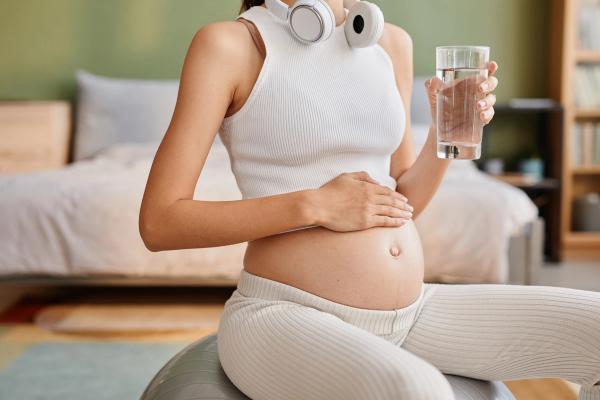
We have therapists with specialist expertise in women's health in Oslo, Bergen and Stavanger
We know that the right competence and good chemistry are important. Below you can therefore get to know our therapists better. We hope this makes it easier to find a therapist who is right for you.
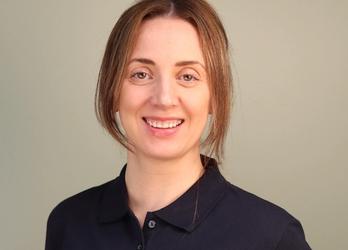
Joanna Broniszewska
Physiotherapist, Majorstuen
Women's Health | Pregnancy | Pelvic floor | Psychomotor physiotherapy
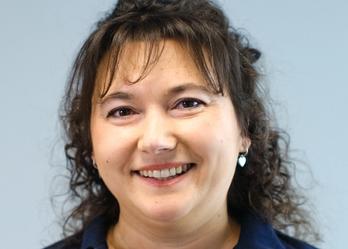
Ana-Maria Stefan
Chiropractor, Majorstuen
General Chiropractic | Headache | Women's Health | Pregnancy | Prolonged pain
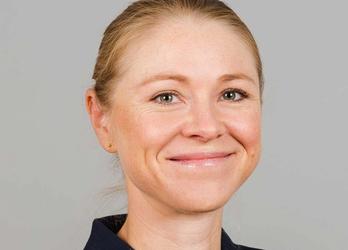
Heidi Prytz
Chiropractor
General Chiropractic | Back | Neck | Women's Health | Pregnancy complaints | Needle treatment | Headache
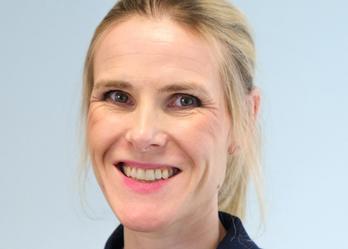
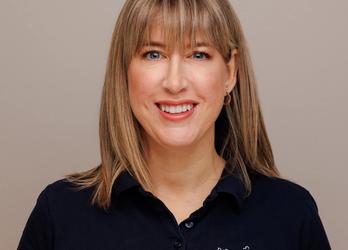
Lina Beate Varhaug
Chiropractor, Stavanger sentrum
General Chiropractic | Back | Neck | Women's Health | Pregnancy | Shock wave therapy | Headache | Dizziness
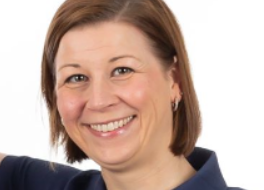
Ingrid-Johanne Nilsen
Chiropractor, Bergen city center
General Chiropractic | Headache | Women's health | Pregnancy
